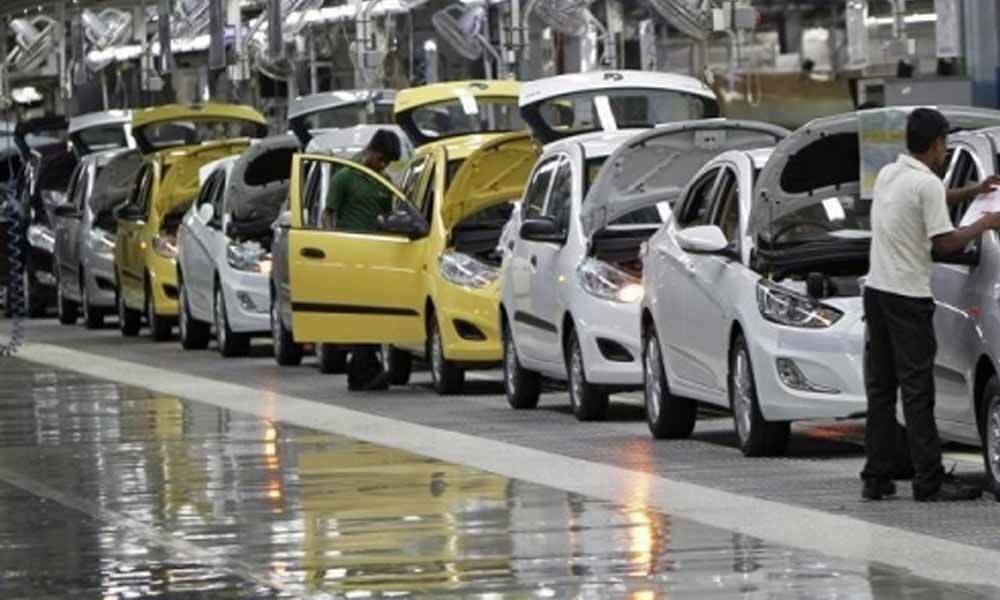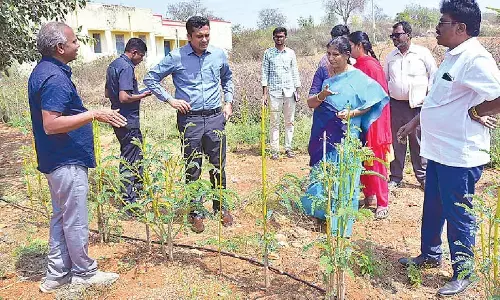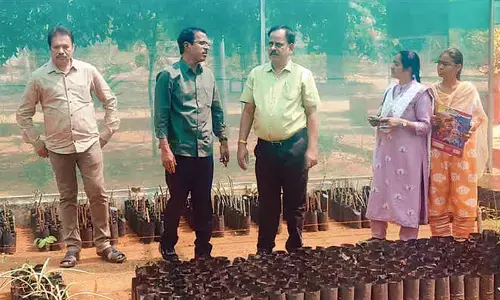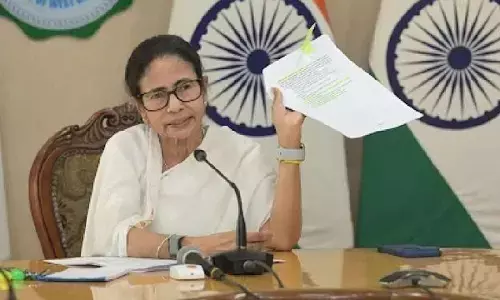Auto industry may further cut production amid consumption slowdown

Besides, inventory pile-up at dealership level and stock management of the unsold BS-IV vehicles has become a problem for the sector.
NEW DELHI: After denting the auto sector's profitability, the consumption slowdown along with the upcoming shift to BS-VI standards will further decelerate production, leading to eventual job losses.
Industry insiders point out that slowdown, which is a culmination of high GST tax rates, farm distress, stagnant wages and liquidity constraints, has led to the month-on-month sales de-growth.
Besides, inventory pile-up at the dealership level and stock management of the unsold BS-IV vehicles has become a problem for the sector.
According to Grant Thornton India Partner Sridhar V., a further reduction in production due to the continuing de-growth in sales of passenger vehicles can be expected.
"OEMs are exploring avenues to minimise cost at an operational level by deferring and tightening the spending rate," Sridhar V. said.
"They also at times resort to production cuts to tide over this difficult phase." Accordingly, the sales downturn assumes significance as the auto industry contributes to almost half of the manufacturing GDP and 11 per cent of the total GST revenue.
"With prolonged weak consumer demand, the inventories at dealer levels have peaked, necessitating production cuts by OEMs," Richa Bulani, Senior Analyst, India Ratings & Research (Fitch Group), said.
"Production cuts may provide some short-term relief to dealers, it negatively affects the entire auto supply chain -- OEMs, component suppliers and dealers. Volume growth of components dependent on OEMs will be affected in the first half."
Recently, all major OEMs consisting of passenger, commercial, two and three-wheeler manufacturers have reported a massive decline in domestic sales.
Figures from the Society of Indian Automobile Manufacturers (SIAM) showed that domestic passenger car sales in June went down by 24.07 per cent to 139,628 units. The July figures are awaited.
In the commercial vehicle segment, domestic sales were down by 12.27 per cent to 70,771 units last month.
The overall sales of two-wheelers, which include scooters, motorcycles and mopeds, edged lower by 11.69 per cent to 1,649,477 units.
In all, the total sales of the Indian automobile sector declined by 12.34 per cent during June 2019 to 1,997,952 units across segments and categories.
Consequently, sales slowdown led to the curtailment of manufacturing with the domestic passenger cars' production coming down by 22.26 per cent to 169,594 units from 218,167 units.
Similarly, commercial vehicle production was down by 23.39 per cent to 69,496 units last month. Overall two-wheelers' production edged lower by 11.70 per cent to 1,915,195 units.
The total production of the Indian automobile sector declined by 12.98 per cent during June 2019 to 2,336,138 units across segments and categories.
"Tight control on production volumes will continue. Beyond the upcoming festive season when OEMs would expect to have sufficient volume in the channel, they would want to keep production volume output in check," said Rahul Mishra, Principal, A.T. Kearney.
"Volume liquidation pressures due to BS-VI and the sluggish demand will not revive production output drastically for the next few months."











